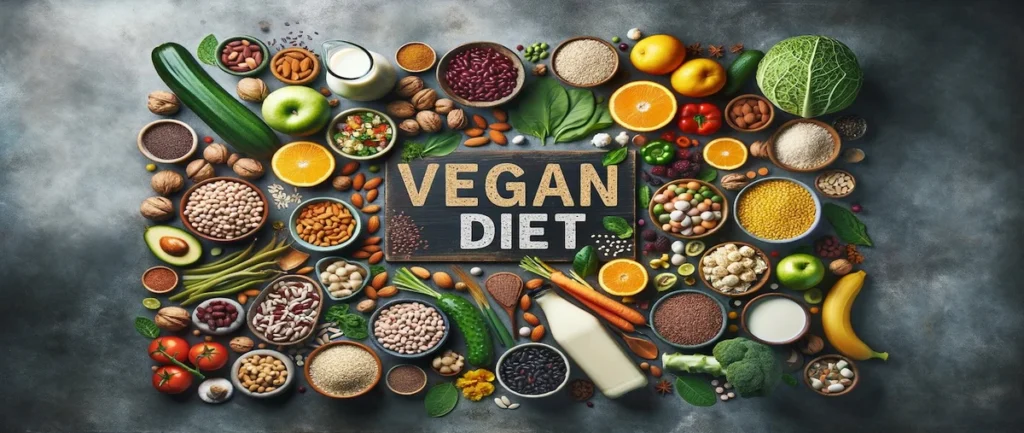Physical Address
304 North Cardinal St.
Dorchester Center, MA 02124
Physical Address
304 North Cardinal St.
Dorchester Center, MA 02124

When I first went vegan, the whole collagen thing stressed me out. I thought to myself, How am I going to get collagen on a plant-based vegan diet? All I knew was that the main collagen sources come from an animal-rich diet, and here I was planning to go all vegan.
I kept seeing collagen supplements everywhere and reading about collagen diets filled with bone broth and fish. I wondered: How can I get enough collagen on a vegan diet without traditional collagen-rich foods? Am I doomed to have saggy skin and creaky joints?
I started my research and came to realize that your body is actually incredible at making its own collagen when you give it the right plant-based tools.
Here’s what I wish someone had told me from the start: you don’t need to consume collagen to have great collagen. Your body is similar to a collagen factory; it simply needs the appropriate raw materials along with a few nutrients to keep the production line going.
Actually, it’s quite simple. Consider collagen production to be like baking a cake. You need your primary ingredients (amino acids like glycine and proline) and some crucial helpers (vitamin C, zinc, and a few more nutrients) to allow the magic to happen. The best part is that plants have you totally covered on your “vegan collagen” intake, both on the main ingredients and helpers.
I used to overthink this whole process, but it’s actually pretty straightforward once you know what to look for.
This is where being vegan actually gives you a huge advantage! Most plant-based diets are absolutely loaded with vitamin C, while many omnivores struggle to get enough. I’m talking about all the delicious stuff you’re probably already eating – oranges, strawberries, bell peppers (especially the red ones!), broccoli, and kale.
Pro tip from my own experience: I started adding a handful of berries to my morning oats, and it’s such an easy way to start the day with a vitamin C boost. Plus, berries taste way better than any supplement I’ve ever tried.
I’ll admit, when I first went on a plant-based diet, I was pretty clueless about protein combining. But here’s what I learned: you don’t need to stress about getting “complete” proteins at every single meal. Just eat a variety throughout the day.
My go-to favorites that pack all the amino acids your collagen factory needs:

That last combo was a game-changer when I realized it’s basically nature’s perfect protein.
Foods You Might Be Overlooking
Here’s something that took me way too long to figure out: you can eat all the collagen-supporting foods in the world, but if you’re getting fried by the sun every day, you’re basically taking two steps forward and three steps back.
| Sunscreen isn’t glamorous, but it’s probably the most important thing you can do for your collagen. |
Sleep is huge too – this is when your body does most of its repair work. And moving your body regularly (even just walking!) tells your body to keep making strong, healthy collagen.
The truth is, you don’t need to overhaul your diet or buy expensive supplements completely. Start small: throw some berries in your breakfast, snack on nuts and seeds, load up your plate with colorful veggies, and protect your skin from the sun.
I’ve been doing this for years now, and honestly, my skin and joints feel better than they did in my twenties. The best part? This approach is sustainable, delicious, and doesn’t require any weird powders or pills.
Your body is already amazing at making collagen – you just need to give it a little plant-powered support.